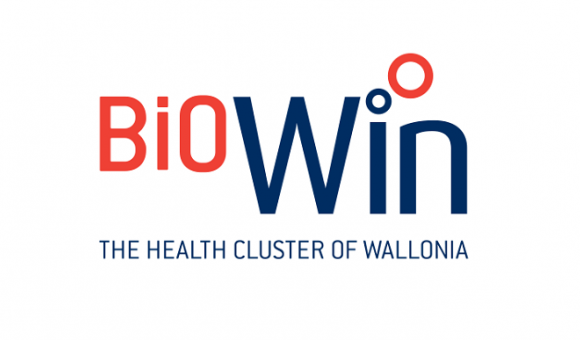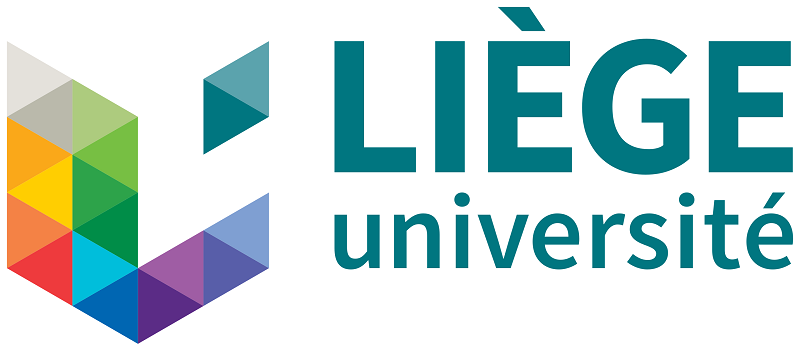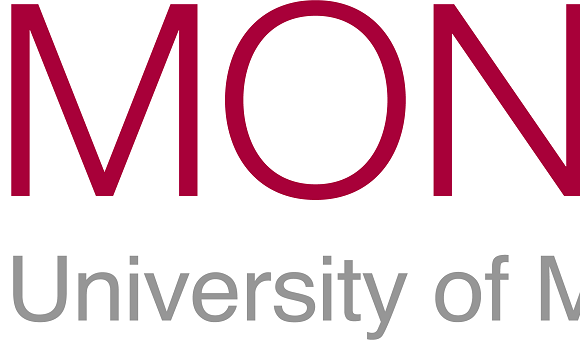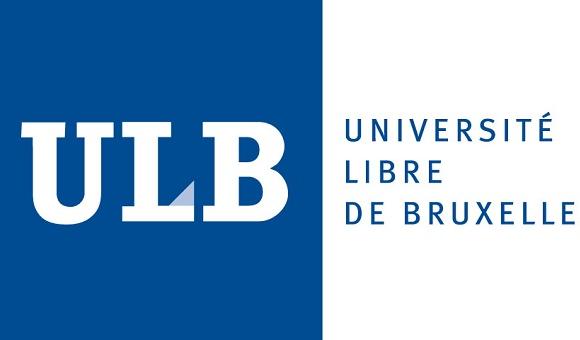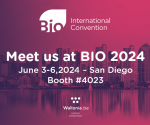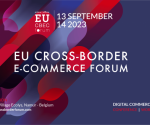In recent years, the life-sciences sector has seen considerable growth in Wallonia. Billions of euros have been raised in Belgium and abroad to fund innovative and revolutionary projects. Arab Health, BIO US, Medica... since the reopening of the borders in 2022, Wallonia and its neighboring Belgian regions, Flanders and Brussels, have increased travel and participation in international fairs and events in order to support this strategic Belgian sector. This situation perfectly illustrates the leading role that the country has played for decades in the field of lifesciences (biotech and medtech) and why the density of companies and research centers spread throughout the territory make it a solid and renowned ecosystem, in particular through a series of innovative projects.
We sat down with Sylvie Ponchaut, Managing Director of BioWin, Wallonia’s healthcompetitiveness cluster, to get a better understanding of this boom and to find out about these projects, which are attracting broad attention.
What does BioWin ?
The competitiveness cluster, which was created in 2006, encourages collaboration among players in the sector and accelerates the rollout of the most promising projects. Sylvie explains: “We are active in four areas —biopharmaceuticals, medical equipment and in-vitro diagnosis, radiation for human health, and digital health. In each these areas, we engage in four types of activities: supporting R&I projects, identifying new international research opportunities, developing the talent pool, and supporting the growth of SMEs, particularly by helping them raise funds. Our two biggest challenges at the moment are the consolidation of biomanufacturing activities in Wallonia. This includes creating cell and gene therapies, speeding up the process of digitisation at hospitals, and creating a favourable framework for the use of patient data, especially for research purposes.”
Why is there so much growth in Wallonia ?
Wallonia contains a complete value chain. Local universities conduct the initial research, hospitals collect the resulting data, specialists find new solutions, and manufacturers develop suitable processes. Finally, the impressive critical mass of experts helps keep everything balanced. For such a small region, the ecosystem here is very rich. The major pharmaceutical groups have been active for many years in properly structuring the landscape. Startups are also springing up with innovative products. This industrial dynamism is a magnet for foreign investors.
What are the upcoming challenges ?
Wallonia has a strong ecosystem for life sciences: companies are interconnected, and collaborative initiatives are well established. However, our talent pool is still too small, and our assets need to be strengthened. In other words, I would say that we must take care to train new talent without delay, and capitalise on our strengths. As we have seen recently, our research has attracted attention abroad and the amount of funding we have raised is impressive. We should therefore begin producing these new cell- and gene-therapy solutions, on an industrial scale, and making significant investments in manufacturing processes.
What are your most exciting projects ?
In 2021, we took on seven projects. Among those in our current portfolio, I’ll highlight five :
Theramir – biopharmaceuticals
This project, which is the result of a collaborative effort among Novadip, EverZom, ULiège, and the CER group, aims to develop a new therapeutic approach to bone cancer, by treating it with exozomes. The consortium has developed the concept of oncogeneration, which is based on a dual mode
of action and which is intended for physiological tissue healing. The main goals of the project are to create a technological platform that can generate specific exosomes to target solid tumours, and to provide a proof of concept for the use of exosomes as a therapy against osteosarcoma.
Be4OneW – biopharmaceuticals
Led by Bio-Sourcing, Univercells, the CER Groupe research centre and the University of Liège, this project aims to provide access to biopharmaceutical care (monoclonal antibodies, vaccines, etc.) to the greatest number of patients, whether they are in emerging countries or in Europe, particularly in
the event of a shortage or a pandemic. It is based on a disruptive approach to bioproduction that will create a new technological platform that will make it possible to produce large volumes of biopharmaceutical products through continuous processes, while drastically reducing investment and production costs.
Monitosed – digital health
Led by Oncomfort in collaboration with Pili Pili, UMONS, and ULiège, this project will develop the first non-pharmacological sedation monitoring system. Avoiding medication eliminates the adverse effects that occur during the procedure, as well as the side effects that follow. Over 75,000 patients have already received this Digital SedationTM in regular practice. However, there is still no objective-quantification tool to measure, objectify, and therefore manage non-pharmacological sedation.
InteliPhage – biopharmaceuticals
This project is managed by Walloon start-up Vésale Biosciences, which specialises in phage therapy and was voted the most innovative European life-sciences start-up, and recently raised €4.3 million during an international funding round. Other project partners include Genalyse Partner, ULB, ULiège, as well as the research centres of the Royal Military Academy and the Queen Astrid Military Hospital. The project aims to use dried and encapsulated phages to treat bacterial infections that are resistant to antibiotics or for which antibiotics are contraindicated. A preparation of basic phages would be used to tailor treatments, according to the patients’ pathologies.
M2-Target – radiation
M2-Target is led by a consortium made up of ABSCINT, IRE, Xpress Biologics, UCLouvain (MIRO Unit) and VUB (ICMI Unit). It aims to develop a non-invasive imaging method to detect and quantify M2 macrophages. This method is based on a new radiotracer, 68Ga-ABSCINT-206, composed of a single-domain antibody fragment that recognises an overexpressed receptor on the macrophage’s surface.
Wallonia, a "biopharma valley" in key figures
#1
The pharmaceutical sector is the main industrial activity in Wallonia in terms of edded value
€ 1,2 Billions
private investments into biopharma R&D in 2018
€2,945 Billions
cumulated private raised by SMEs (2005-2020)
35%
of total Walloon exports
50.000+
employees in the life-science sector (16.424 direct jobs)
Articles liés
Articles liés

La métropole de Liège développe son marketing territorial pour attirer les investisseurs
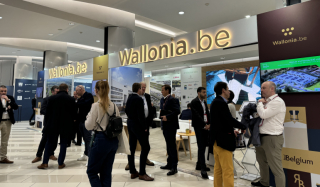
La Wallonie, leader du développement durable dans l’immobilier

